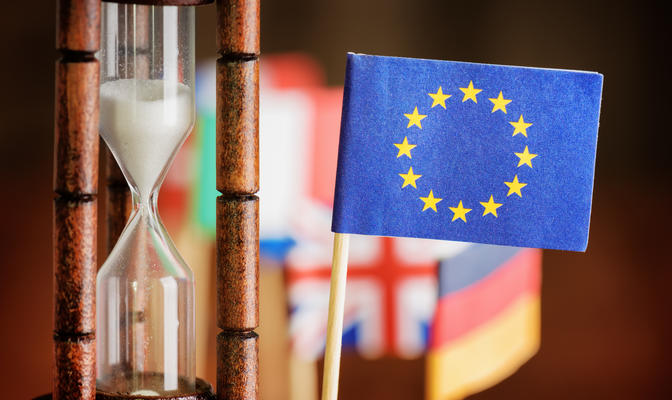The End of Social Europe?
The End of Social Europe?

 ©Efired/shutterstocks
©Efired/shutterstocks
Seminar with Paolo Graziano:
The End of Social Europe ?
LIEPP is glad to invite you to attend the seminar held on:
Thursday, March 23rd, 2017
12:30 pm - 2:30 pm
LIEPP Seminar Room
1st floor, 254 boulevard Saint-Germain, 75007 Paris
Free entry with limited seating (Sandwich lunch will be offered)
Please click on this link to register

Paolo Graziano is Professor of Political Science at the University of Padova and Associate Fellow at the European Social Observatory in Brussels. He has published and edited several volumes and special issues on topics such as Europeanization, welfare state politics, European social policy, political consumerism, European governance.
His work has appeared in the following journals, among others: Comparative European Politics, Mediterranean Politics, European Journal for Political Research, European Political Science, Regional and Federal Studies, Social Policy and Administration, Governance, Global Social Policy, Italian Review of Political Science, International Political Science Review, Journal of European Social Policy, Journal of Social Policy, International Journal of Social Welfare, The Annals of the America Academy of Political and Social Science.
Abstract of the paper:
Drawing on Easton’s political system approach we identify the 2004, 2009 and 2014 European elections and the financial and economic crisis as inputs to the EU political system. On the output side, social policy has been substantially removed from the priorities of the EU political agenda already prior to the crisis. To understand this discrepancy between input and output we ask if and how inputs have altered power relationships among core actors in the system. We argue that although crisis-generated demand could have predicted European social policies becoming more relevant in order to cope with the crisis, support in form of election results empowered actors interested in deepening economic integration and austerity policies. We present new empirical data contributing to this argument from different perspectives and sources.










